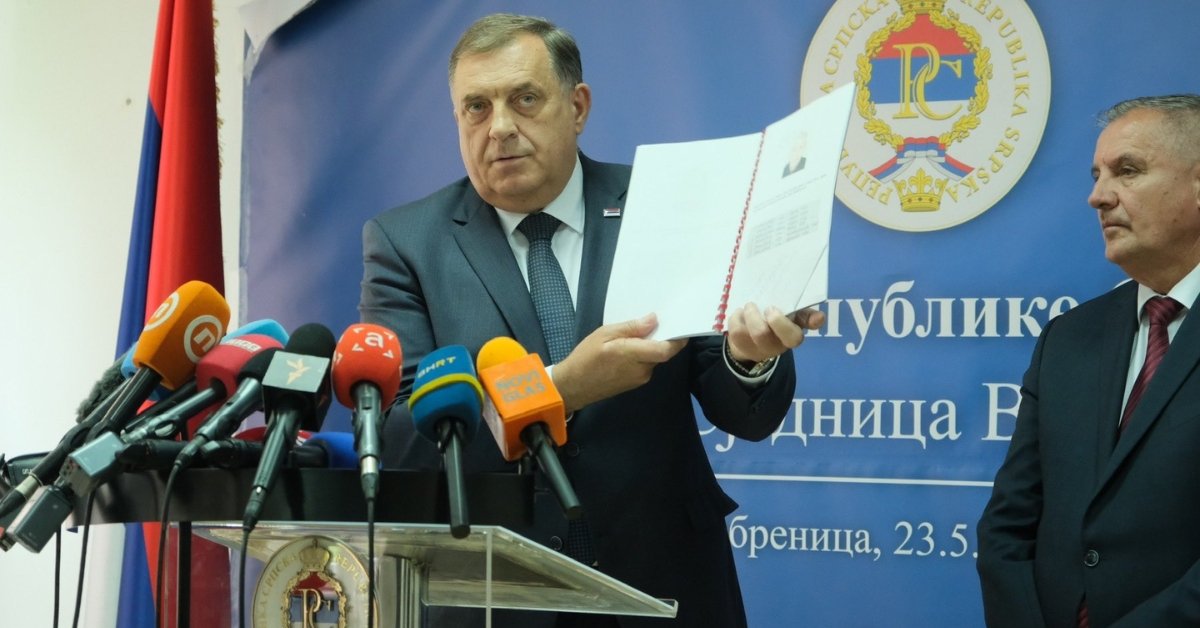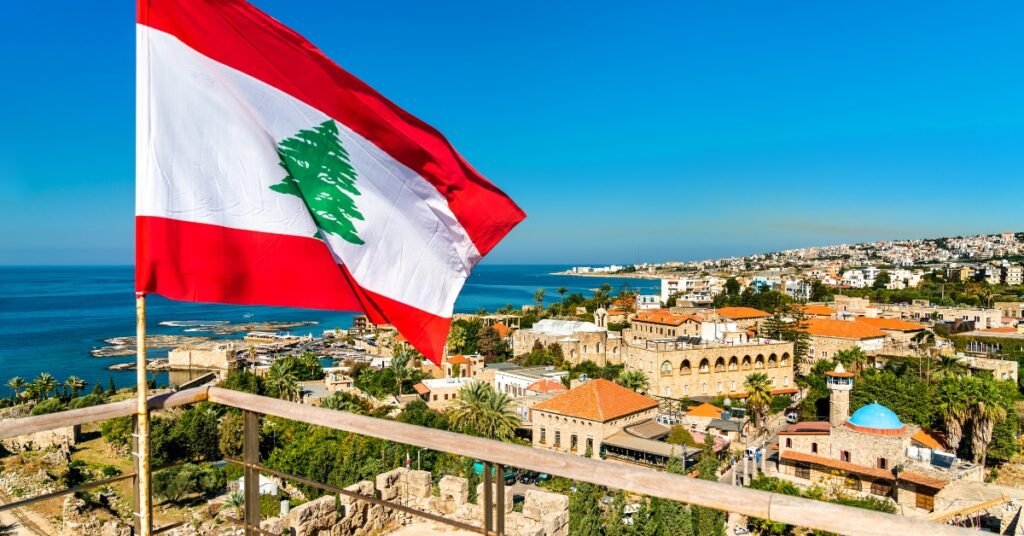UN approves resolution to commemorate the 1995 Srebrenica genocide annually, emphasizing remembrance and reconciliation despite Serb opposition.
Table of Contents
Despite Serb Opposition
The United Nations General Assembly has passed a resolution to annually commemorate the 1995 Srebrenica genocide amid strong resistance from Serbs in Bosnia and Serbia. Proponents, backed by Germany and Rwanda, argue that this measure is crucial to prevent the massacre from being denied or forgotten.
Key Information on the UN Resolution
| Aspect | Details |
|---|---|
| Date Approved | May 2024 |
| Resolution | Commemorate Srebrenica genocide annually |
| Designated Day | July 11 |
| Purpose | Reflection and commemoration |
| Vote Outcome | 84 in favor, 19 against, 68 abstentions |
The resolution, titled “International Day of Reflection and Commemoration of the 1995 Genocide in Srebrenica,” will be observed annually starting in July. Despite the resolution not mentioning Serbia explicitly as the perpetrator, Serb leaders fear it may unjustly label all Serbs as supporters of genocide.
Background of the Srebrenica Genocide
On July 11, 1995, Bosnian Serbs overran a UN-protected safe area in Srebrenica. They separated at least 8,000 Bosniak men and boys from their families and brutally executed them. The massacre marked a devastating peak in Bosnia’s 1992-95 war, which erupted following the breakup of Yugoslavia and fueled ethnic conflicts among Bosniaks, Croats, and Serbs.
Opposition and Concerns
Serbian and Bosnian Serb leaders, including Bosnian Serb President Milorad Dodik and Serbian President Aleksandar Vucic, have been vocal against the resolution. They argue that it could deepen divisions within Bosnia and unfairly brand the entire Serb population. Dodik, who has a history of threatening the secession of Serb territories from Bosnia, claimed the resolution was imposed by Bosniak supporters and could destabilize the region.
International Reactions and Historical Context
The resolution reaffirms the International Court of Justice’s 2007 determination that the Srebrenica massacre constituted genocide, marking Europe’s first genocide since the Holocaust. The Holocaust resulted in the death of approximately 6 million Jews and other minorities during World War II.
Commitment to Stability
The General Assembly emphasized its commitment to maintaining stability and fostering unity in Bosnia and Herzegovina. The resolution’s final draft includes a statement supporting Bosnia’s diversity and unity efforts, underscoring the importance of reconciliation and remembrance.
By passing this resolution, the UN aims to ensure that the tragic events in Srebrenica are remembered, promoting a collective historical acknowledgment while navigating the sensitive political landscape in the Balkans.
Conclusion
The UN’s decision to commemorate the Srebrenica genocide annually is a significant step towards acknowledging past atrocities and fostering global remembrance. It highlights the importance of historical memory in preventing future genocides and promoting international unity.






